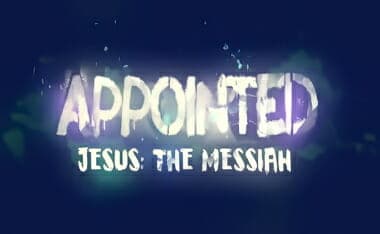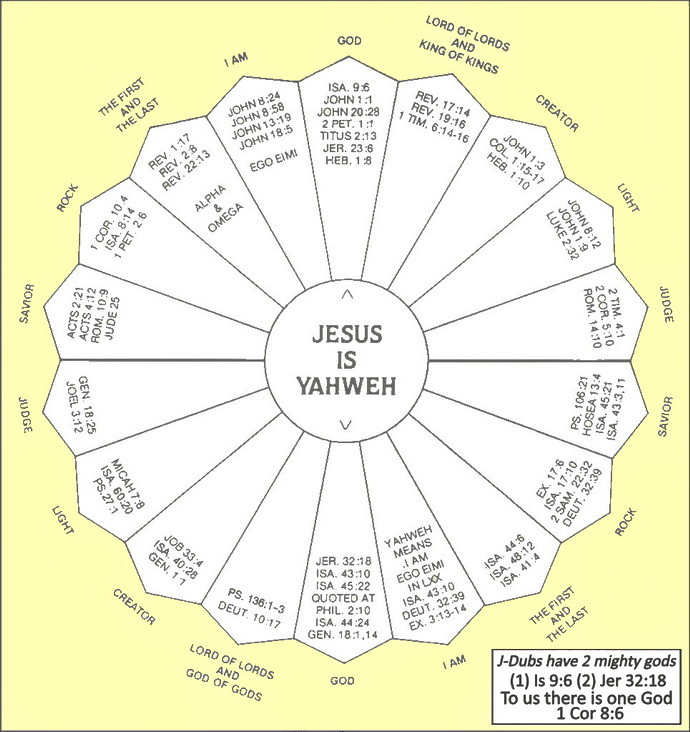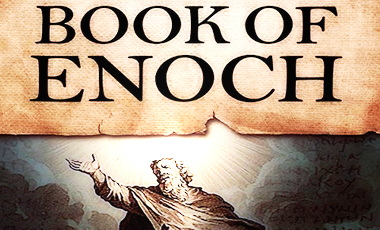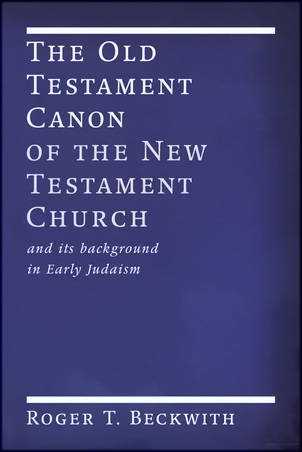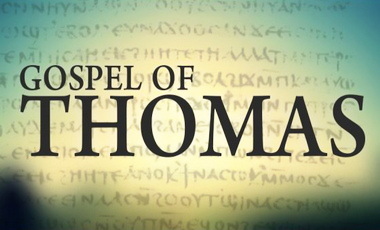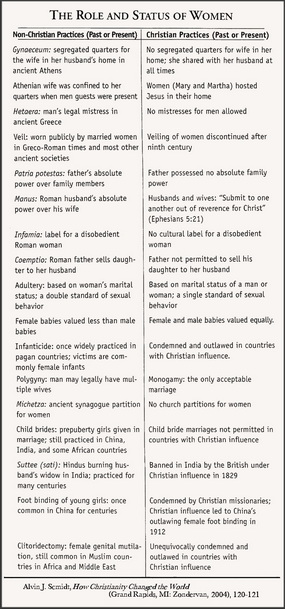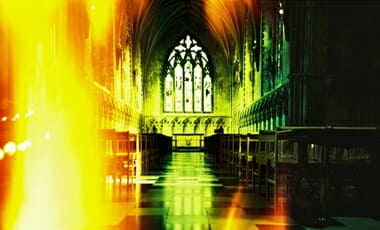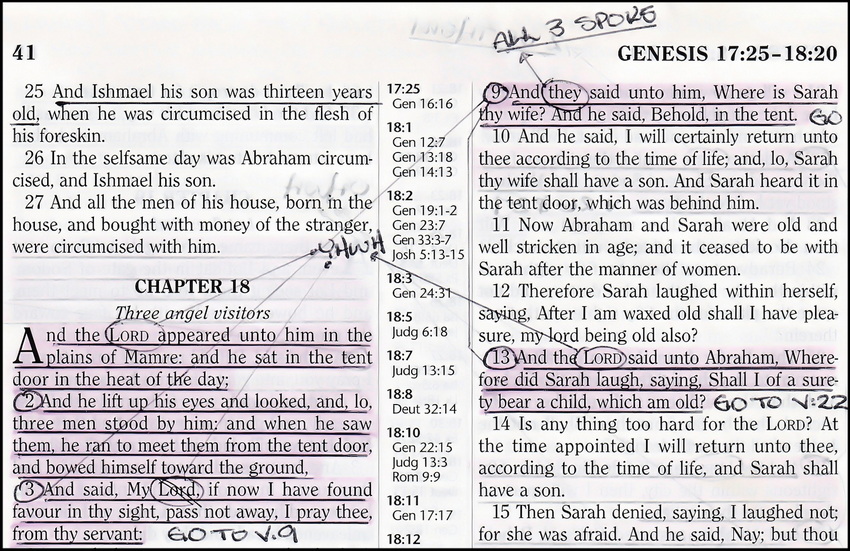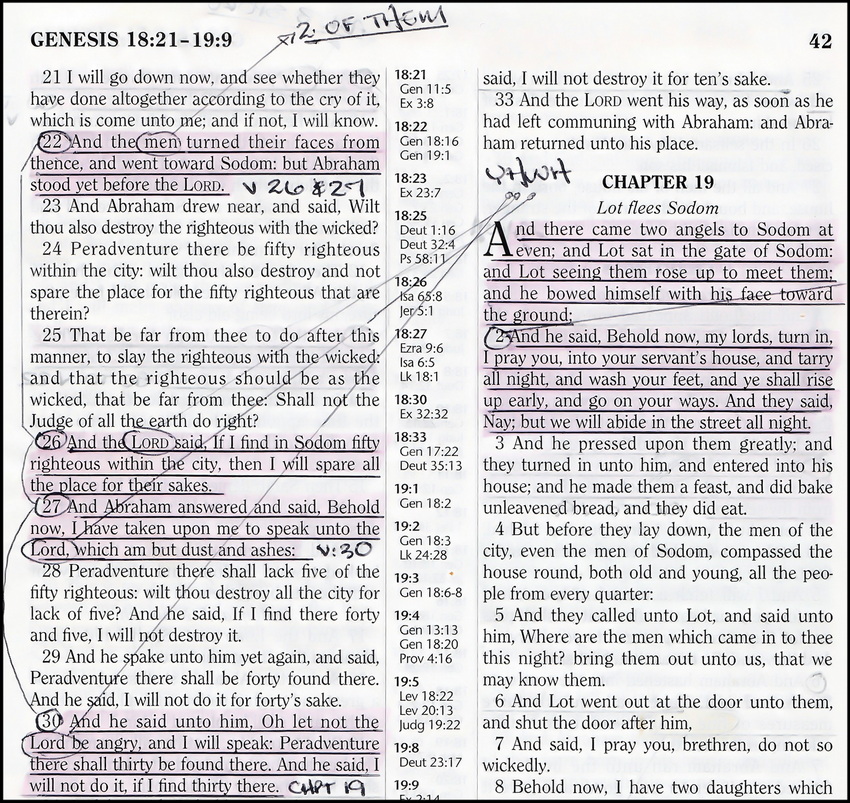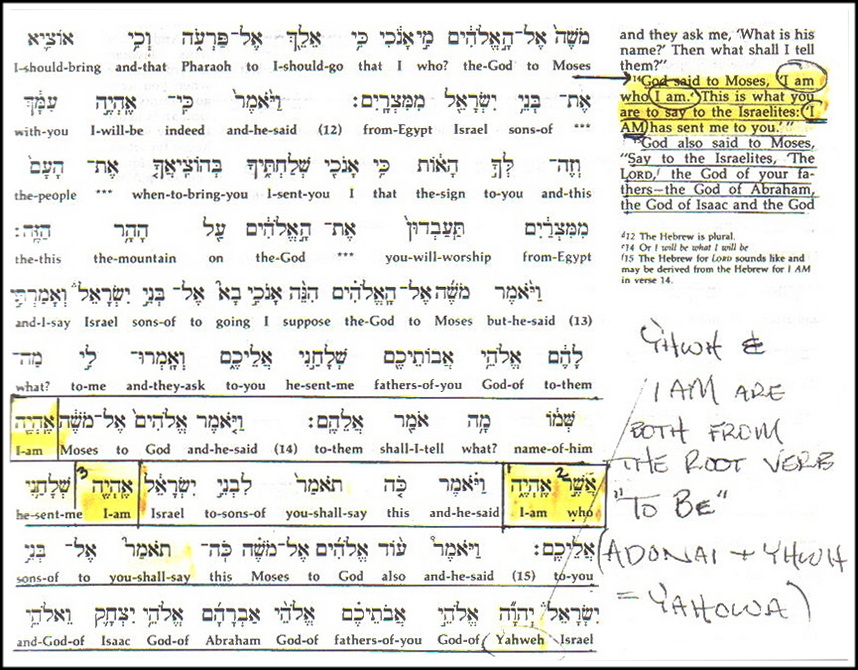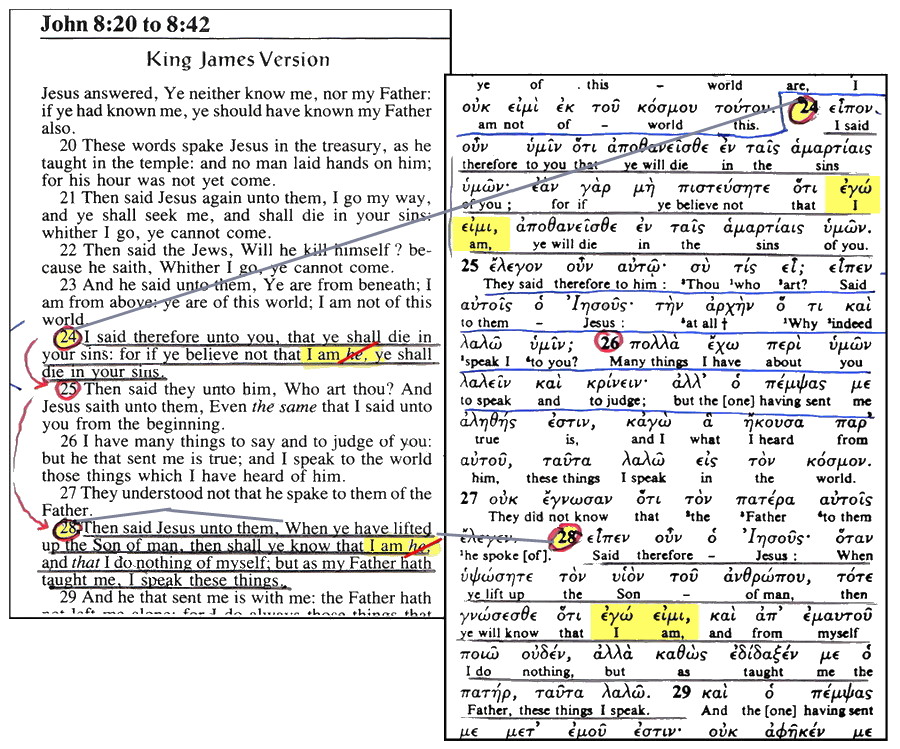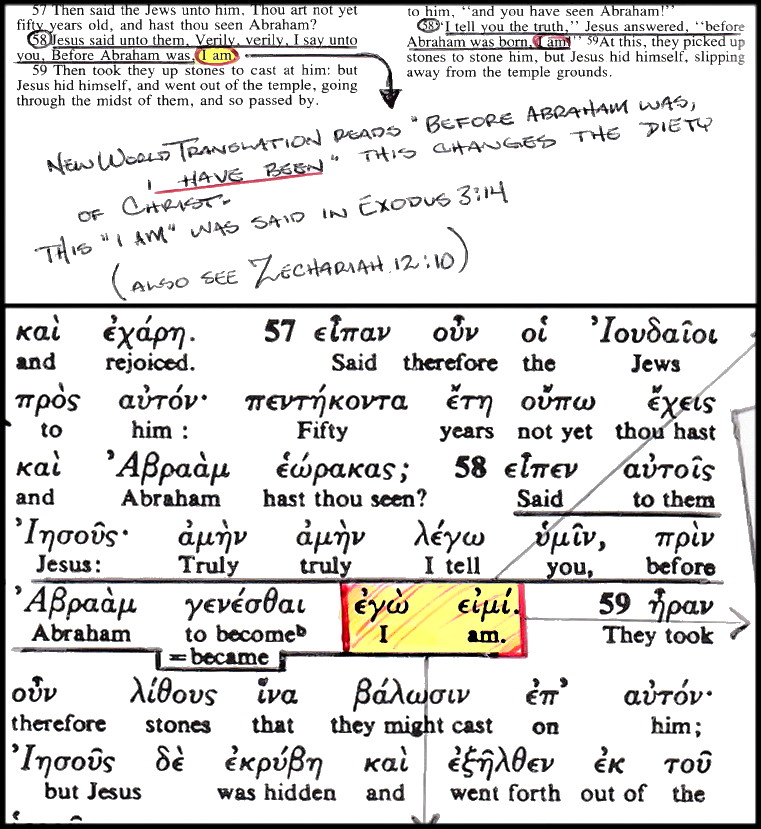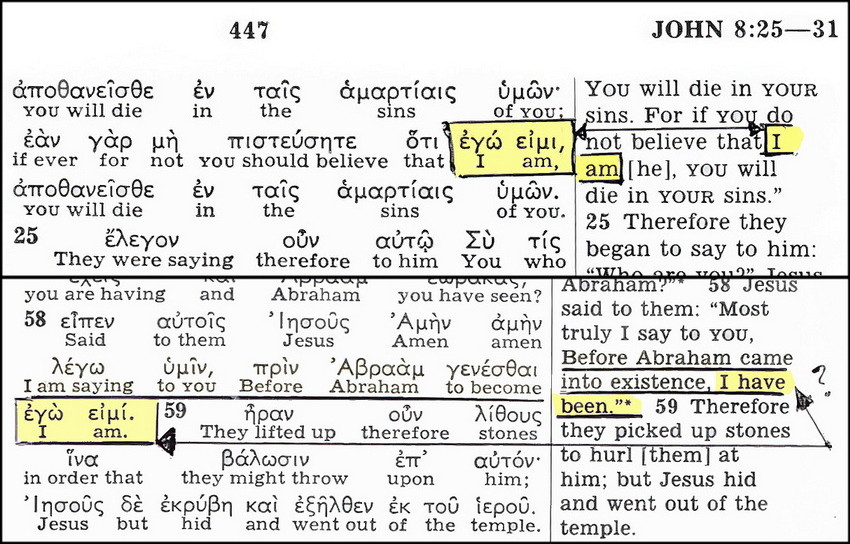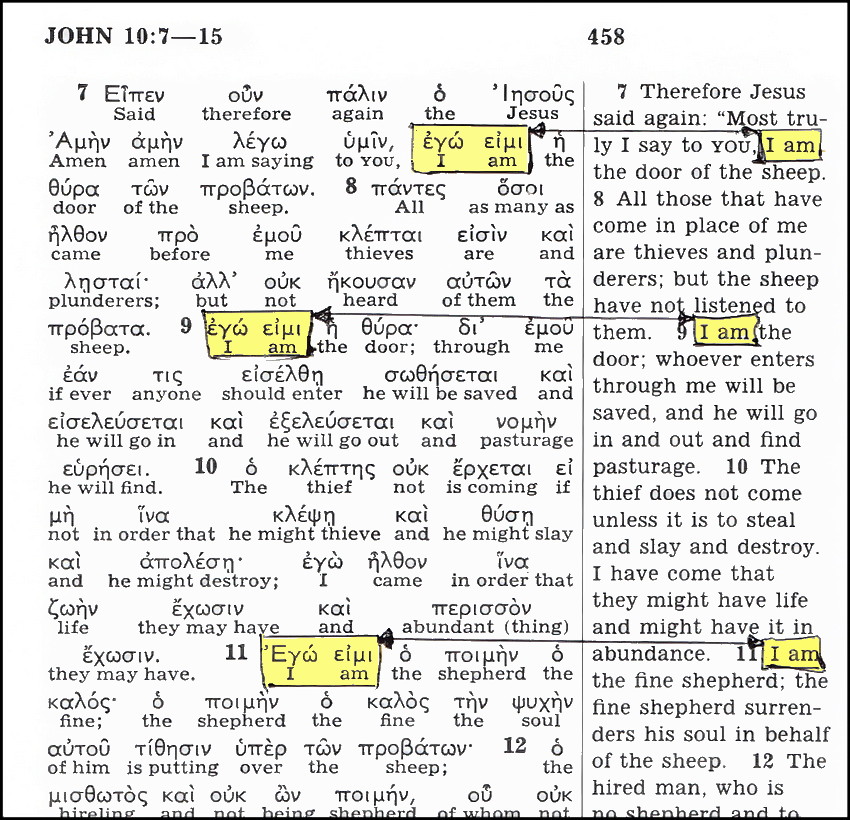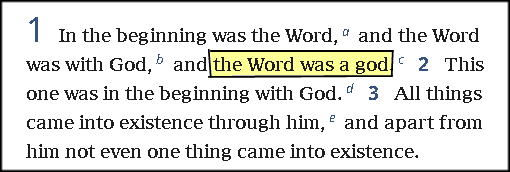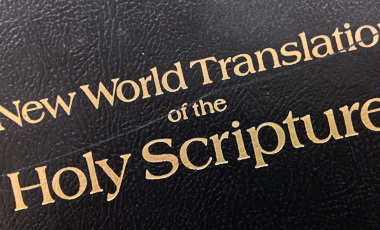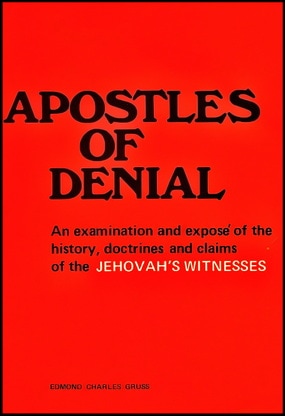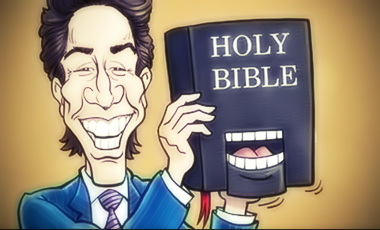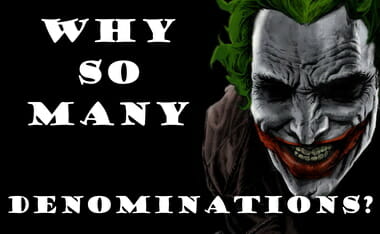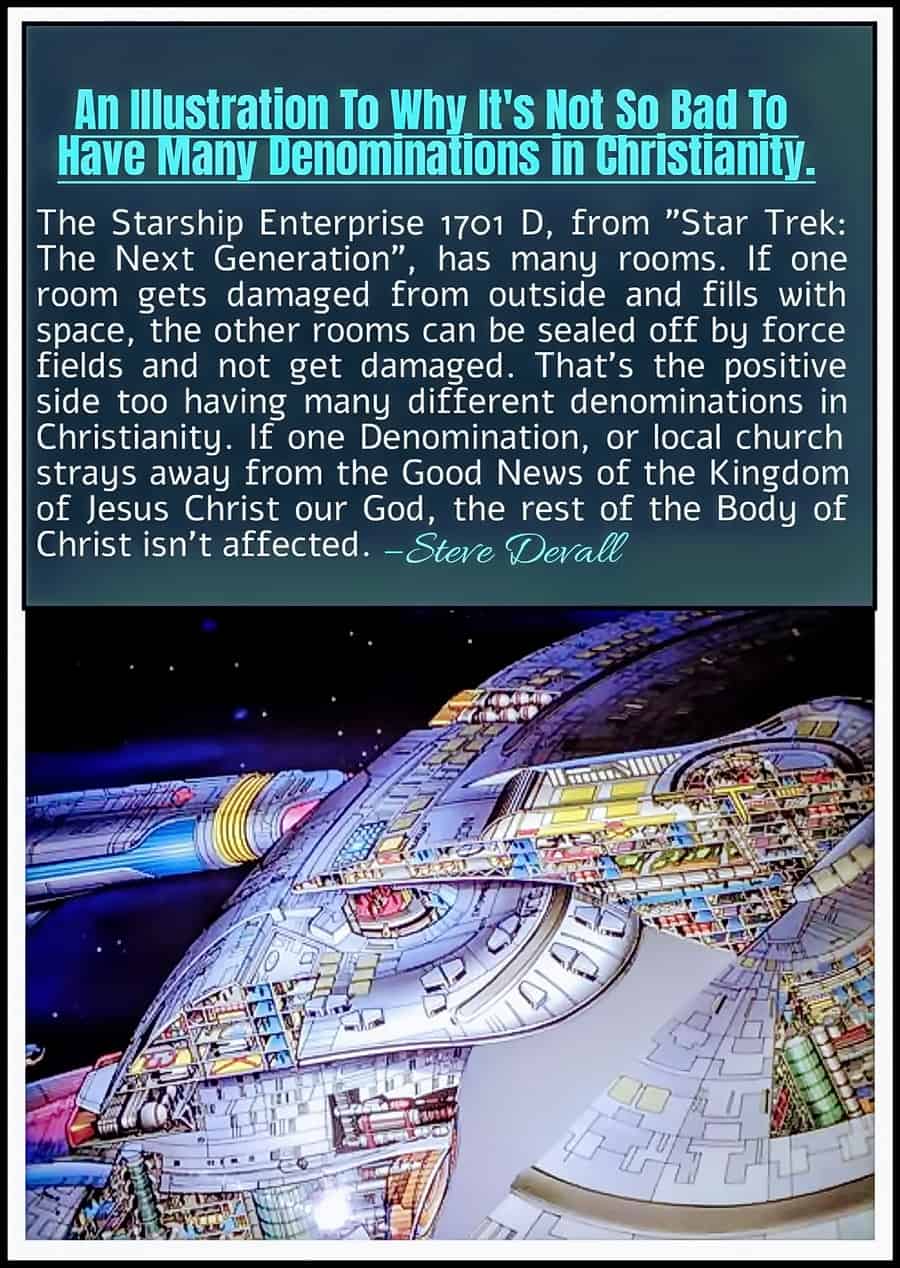Originally posted July 2014 ~ small facelift today
Listening to the Dennis Prager Show the other day, Dennis said two things that caught my attention. They are:
a) he likened Jesus to other Messianic figures;
b) he said the Gospel of John was the only place Jesus called himself “Divine,” God.
I combine the Dennis Prager audio, a similar statement by Bart Ehrman, and then Josh McDowell’s rebuttal. To be clear of what is below.
- First, that Jesus refers to himself as Deity (GOD) in the Gospel of Mark;
- Second, how did ancient rabbi’s view Isaiah 53;
- Then I show Jesus referenced himself as Diety in Matthew, Mark, and Luke.
While I deal with two points, the third (Psalm 110) deals both with Jesus being different than past Jewish Messiah’s, as well as showing Prager’s statement about the Gospel of John to be wrong.
So lets deal with this two fold then. I will deal with “B” first, as it is a short response, needing only one example to show Prager’s assumption to be wrong (and remember, he loves truth for truths sake). He seemingly accepts the typical attribution to the age of the books by modern Biblical critics because he accepts their premise that John is the only book Jesus claims divinity. Then, using the attributed idea that Mark is the oldest book and is itself from “Q” material, any claims of Divinity in it should be THAT MUCH MORE powerful (early).
Verses Josh Goes Over: Mark 2:1-12 & Mark 14:60-64
So, that short, succinct, recapping of a challenge I the university class room by a professor is just one example to show a clear claim to Divinity by Jesus in another Gospel other than John.
Now to the larger response, “A.” Jesus is not, was, not, like any other Jewsish pseudo Messiah, He, yes He, is much different. Why? Because he alone has fulfilled the Messianic prophecies in Scripture.
Isaiah 53
The first thing that came to mind about this comment from Prager is how Jewish people/culture have changed the book of Isaiah over time to mean something different than the earlier Rabbis believed. Here, we get into some reading, I will of course put some video to it as well… but a serious subject requires a bit of reading, and I was impacted by Chuck Smith’s and Mark Eastman’s work on the subject, “The Search for Messiah,” of which the following is from…. again, it is long (13-pages to be exact).
This post is meant for the serious student, or Dennis Prager:
In the book of Isaiah there are a group of passages called “The Suffering Servant Songs.” These four vignettes are found in Isaiah 42:1-7; Isaiah 49:1-6; Isaiah 50:4-9; Isaiah 52:13-53:12. We will focus on the fourth suffering servant song since it is the most disputed portion of Isaiah.[1]
“Behold, My Servant shall deal prudently, He shall be exalted and extolled and be very high. Just as many were astonished at you, so His visage was marred more than any man, and His form more than the sons of men; So shall He sprinkle many nations. Kings shall shut their mouths at Him; for what had not been told them they shall see, and what they had not heard they shall consider. Who has believed our report? And to whom has the arm of the LORD been revealed? For He shall grow up before Him as a tender plant, and as a root out of dry ground. He has no form or comeliness; and when we see Him, there is no beauty that we should desire Him. He is despised and rejected by men, a man of sorrows and acquainted with grief. And we hid, as it were, our faces from Him; He was despised, and we did not esteem him. Surely He has borne our griefs and carried our sorrows; yet we esteemed Him stricken, smitten by God, and afflicted. But He was wounded for our transgressions, He was bruised for our iniquities; the chastisement for our peace was upon Him, and by His stripes we are healed. All we like sheep have gone astray; we have turned, every one, to his own way; and the LORD has laid on him the iniquity of us all. He was oppressed and he was afflicted, yet he opened not his mouth; he was led as a lamb to the slaughter, and as a sheep before its shearers is silent, so he opened not his mouth. He was taken from prison and from judgment, and who will declare his generation? For he was cut off from the land of the living; for the transgressions of My people he was stricken. And they made his grave with the wicked; but with the rich at his death, because he had done no violence, nor was any deceit in his mouth. Yet it pleased the LORD to bruise him; he has put him to grief. When You make his soul an offering for sin, he shall see his seed, he shall prolong his days, and the pleasure of the LORD shall prosper in his hand. He shall see the travail of his soul, and be satisfied. By his knowledge My righteous servant shall justify many, for lie shall bear their iniquities. Therefore, I will divide him a portion with the great, and he shall divide the spoil with the strong, because he poured out his soul unto death, and he was numbered with the transgressors, and lie bore the sin of many, and made intercession for the transgressors.”
From the time of the development of the written Talmud (200-500 C.E.) this portion of scripture was believed to be Messianic. In fact, it was not until the eleventh century C.E. that it was seriously proposed otherwise. At that time Rabbi Rashi began to interpret the suffering servant in these passages as reference to the nation of Israel.[2]
One of the oldest translations of the Hebrew scriptures is known as the Targums. These are Aramaic translations of very ancient Hebrew manuscripts that also, included commentary on the scriptures. They were translated in the first or second century B.C.E. In the Targum of Isaiah, we read this incredible quote regarding the suffering servant in Isaiah 53:
“Behold, My servant the Messiah shall prosper; he shall be exalted and great and very powerful. The Righteous One shall grow up before him, lo, like sprouting plants; and like a tree that sends its roots by the water-courses, so shall the exploits of the holy one multiply in the land which was desperate for him. His appearance shall not be a profane appearance, nor shall the awe of an ignorant person, but his countenance shall radiate with holiness, so that all who see him shall become wise through him. All of us were scattered like sheep… but it is the will of God to pardon the sins of all of us on his account…Then I will apportion unto him the spoil of great nations… because he was ready to suffer martyrdom that the rebellious he might subjugate to the Torah. And he might seek pardon for the sins of many.”[3]
According to this commentary, the Messiah would suffer martyrdom, he would be, “The Righteous One” and would provide a way for God to forgive our sins. This forgiveness would be accomplished, not because of our goodness, but on account of the righteousness of Messiah. As we shall see, this is the very message of Jesus as recorded in the New Testament!
A reading from a Yom Kippur and Rosh Hashanah prayer book contains this passage:
“Our righteous anointed is departed from us: horror has seized us, and we have none to justify us. He has borne the yoke of our iniquities, and our transgression, and is wounded because of our transgression. He bears our sins on his shoulders, that we may find pardon for our iniquities. We shall be healed by his wound, at the time that the eternal will create the Messiah as a new creature. 0 bring him up from the circle of the earth. Raise him up from Seir, to assemble us the second time on mount Lebanon, by the hand of Yinon.”[4][5]
In this beautiful prayer, a commentary on Isaiah 53, we discover several of the ancient beliefs on the mission of God’s righteous Messiah:
1) He would apparently depart after an initial appearance: “Our righteous anointed is departed.”
2) The Messiah would be the one who justifies the people:[6] “Horror has seized us, and we have none to justify us.”
3) The Messiah would be wounded because of our transgressions and would take upon himself the yoke or punishment of our iniquities.[7]
“He has borne the yoke of our iniquities, and our transgression, and is wounded because of our transgression.”
4) By his wound we would be healed when he reappears as a “new creature.”
“We shall be healed by his wound, at the time that the eternal will create the Messiah as a new creature.”
In the Babylonian Talmud there are a number of commentaries on the suffering servant in Isaiah 53. In a discussion of the suffering inflicted upon this servant we find the following statement:
“This teaches us that God will burden the Messiah with commandments and sufferings as with millstones.”[8]
In another chapter of Sanhedrin we find a discussion on the name of the Messiah. In this remarkable portion of the Talmud we read:
“There is a whole discussion in the Talmud about Messiah’s name. The several discussants suggested various names and cited scriptural references in support of these names. The disciples of the school of Rabbi Yehuda Ha’ Nasi said ‘The sick one is his name,’ for it is written, ‘Surely he has borne our sicknesses and carried our sorrows and pains, yet we considered him stricken, smitten, and afflicted of God.'”[9]
In the Midrash we again find reference to the “Suffering Servant” of Isaiah 53. In characteristic fashion we read one rabbi quoting another in a discussion of the Messiah’s suffering:
“Rabbi Huna in the name of Rabbi Acha says: ‘The sufferings are divided into three parts: one for David and the fathers, one for our own generation, and one for the King Messiah, and this is what is written, `He was wounded for our transgressions.”‘[10]
In a portion of the Midrash, called the Haggadah (a portion which expounds on the non-legal parts of Scripture) in the tractate Pesiqta Rabbati[11] we read an interesting discussion of the suffering of the Messiah:
“And the Holy One made an agreement with the Messiah and said to him, ‘The sins of those which are forgiven for your sake will cause you to be put under an iron yoke, and they will make you like this calf whose eyes are dim, and they will choke your spirit under the yoke, and on account of their sins your tongue shall cleave to your mouth. Are you willing to do this?’ Said Messiah before the Holy One: ‘Perhaps this agony will last many years?’ And the Holy One said to him: ‘By your life and by the life of my head, one week only have I decreed for you; but if your soul is grieved I shall destroy them even now.’ But the Messiah said to him: ‘Sovereign of the world, with the gladness of my soul and the joy of my heart I take it upon me, on condition that not one of Israel shall perish, and not only those alone should be saved who are in my days, but also those who are hid in the dust; and not only should the dead of my own time be saved, but all the dead from the first man until now; also, the unborn and those whom thou bast intended to create. Thus I agree, and on this condition I will take it upon myself.'” (Pesiqta Rabbati. chapter 36)
Another section of chapter 37, Pesiqta Rabbati, says the following:
“The Patriarchs will one day rise again in the month of Nisan and will say to the Messiah: ‘Ephraim, our righteous Messiah, although we are your ancestors, you are nevertheless greater than we, for you have borne the sins of our children, as it is written: `Surely he has borne our diseases and carried our sorrows; yet we regarded him stricken, smitten of God, and afflicted. But he was wounded for our sins, bruised for our iniquities, upon him was the chastisement that makes us well, and through his wounds we are healed.’[12] Heavy oppressions have been imposed upon you, as it is written: ‘As a result of oppression and judgment he was taken away[13]; but in his day, who considered that he was torn from the land of the living because of the transgressions of my people?’ You have been a laughing stock and a derision among the peoples of the world, and because of you they jeered at Israel, as it is written, You have dwelt in darkness and in gloominess, and your eyes have not seen light, your skin was cleaving to your bones, and your body withered like wood. Your eyes became hollow from fasting, and your strength was dried-up like a potsherd, as it is written.[14] All this happened because of the sins of our children, as it is written: ‘And Jehovah laid on him the iniquities of us all.’ ” (Isaiah 53:6)
In these fascinating portions of the Midrash we see language which closely parallels Psalm 22.[15] he writer specifically ties together the sufferings of the pierced servant in Psalm 22 (tongue shall cleave to your mouth… dried up like a potsherd) with the servant in Isaiah 53, whose sufferings provide a way for the children of Israel to be saved. The fact that the writer of this portion of the Midrash would tie the sufferings of the servant in Psalm 22 (the pierced one) and Isaiah 53, the despised and rejected one, is nothing less than astonishing. Clearly at least some of the rabbis of the ancient Midrashim believed that the Messiah would suffer and that the sufferings found in Psalm 22 and Isaiah 53 belong to the same person.
In the eleventh century C.E. the rabbinical interpretation of Isaiah 52-53 began to change. Rabbi Rashi, a well-respected member of the Midrashim, began to interpret this portion of scripture as a reference to the sufferings of the nation of Israel. However, even after this interpretation took root, there remained many dissenters who still held onto its original, Messianic view.
In the fourteenth century Rabbi Moshe Cohen Crispin, a strong adherent to the ancient opinion, stated that applying the suffering servant of Isaiah 53 to the nation of Israel:
“distort[s] the verses of their natural meaning…As then it seemed to me that the doors of the literal interpretation [of Isaiah 53] were shut in their face, and that ‘they wearied themselves to find the entrance’, having forsaken the knowledge of our Teachers, and inclined after the ‘stubbornness of their own hearts’ and of their own opinion, I am pleased to interpret it, in accordance with the teaching of our Rabbis, of the King Messiah, and will be careful, so far as I am able, to adhere to the literal sense: thus possibly, I shall be free from the forced and farfetched interpretations of which others have been guilty. This prophecy was delivered by Isaiah at the divine command for the purpose of making known to us something about the nature of the future Messiah, who is to come and to deliver Israel,”[16]
Rabbi Isaac Abrabanel (143 7-1508), a member of the Midrashim, made the following remarkable declaration regarding the suffering servant of Isaiah 53:
“The first question is to ascertain to whom this prophecy refers, for the learned among the Nazarenes expound it of the man who was crucified in Jerusalem at the end of the Second Temple, and, who according to them, was the Son of God and took flesh in the virgin’s womb, as is stated in their writings. Jonathan ben Uzziel interprets it in the Targum of the future Messiah; and this is also the opinion of our learned men in the majority of their Midrashim.”[17]
Two centuries later we find the comments of another member of the Midrashim, Rabbi Elijah De Vidas, a Cabalistic scholar in sixteenth century. In his comments of Isaiah 53 we read:
“The meaning of ‘He was wounded for our transgressions, bruised for our iniquities,’ is, that since the Messiah bears our iniquities, which produce the effect of his being bruised, it follows that who so will not admit that the Messiah thus suffers for our iniquities must endure and suffer them for himself.”[18]
We have also the writings of the sixteenth century Rabbi Moshe el Sheikh, who declares in his work “Commentaries of the Earlier Prophets,” regarding the suffering servant in Isaiah 53:
“Our rabbis with one voice accept and affirm the opinion that the prophet is speaking of the King Messiah, and we shall ourselves also adhere to the same view.”[19]
These remarkable references from the ancient rabbis leave no doubt that the suffering servant in Isaiah 52:1353:12 was indeed believed to be the Messiah. Even more remarkable is the fact that the suffering servant of Isaiah is connected with the suffering servant of Psalm 22. Finally, we find the ancient rabbis claiming that the suffering and death of the Messiah would have the effect of freeing us from our sins. This is in complete agreement with the Christian concept of the Messiah!
Even without these ancient references, there are several other reasons why the suffering servant in Isaiah 53 could not be the nation of Israel.
First, the suffering servant is an innocent person without sin:
“And they made his grave with the wicked; but with the rich at his death, because he had done no violence, nor was any deceit in his mouth.” Isaiah 53:9
Israel has an admittedly sinful past; the Hebrew scriptures even admit this fact. Psalm 14:2-3 says:
“There is none that does good, no not one.”
I Kings 8:46 says:
“…for there is no one who does not sin.”
Ecclesiastes 7:20 says:
“For there is not a just man on earth who does good and does not sin.”
Secondly, the suffering servant of Isaiah 53 suffers on account of the sins of others.
“Surely he has borne our griefs and carried our sorrows; yet we esteemed him stricken, smitten by God, and afflicted. But he was wounded for our transgressions, he was bruised for our iniquities; the chastisement of our peace was upon him, and by his stripes we are healed. All we like sheep have gone astray; we have turned, every one, to his own way; and the LORD has laid on him the iniquity of us all.” (Isaiah 53:4)
Thirdly, the suffering servant of Isaiah 53 is willing to suffer.
“He was oppressed and he was afflicted, yet he opened not his mouth; he was led as a lamb to the slaughter, and as a sheep before its shearers is silent, so he opened not his mouth.” (Isaiah 53:7)
In the entire history of their nation, the Jews have never suffered willingly.
Finally, the suffering servant’s end was death.
“Therefore I will divide him a portion with the great, and he shall divide the spoil with the strong, because he poured out his soul unto death, and he was numbered with the transgressors, and lie bore the sin of many, and made intercession for the transgressors.” (Isaiah 53:12)
The nation of Israel has suffered much, but she has never died. In fact, the nation of Israel was re-gathered back into the land after nearly 1900 years of world-wide dispersion, an event unprecedented in world history.
“Let Israel now say; Many a time they have afflicted me from my youth; Yet they have not prevailed against me.” (Psalm 129:1)
Finally, listen to the words of nineteenth century Jewish scholar Herz Homberg;
“This prophecy is disconnected with what precedes it. According to the opinion of Rashi and lbn Ezra, it relates to Israel at the end of their captivity; the term `servant’ and the use of the singular number referring to the individual members of the nation. But if so, what can be the meaning of the passage, ‘He was wounded for our transgressions?’, etc.? Who was `wounded?’ Who are the ‘transgressors’ Who `carried’ the sickness and ‘bare’ the pains? And where are the sick? Are they not the same as those who are ‘smitten’ and who ‘bear?’ And if ‘each turned to his own way’, upon whom did ‘the Lord lay the iniquity of them all?’ The Ga’on, Rabbi Sa’adyah, explains the whole Parashah of Jeremiah: and there are indeed numerous parts of Scripture in which we can trace a great resemblance to what befell Jeremiah while persecuted by the false prophets. But the commencement of the prophecy, ‘He shall be high and exalted and lofty exceedingly’, and similarly the words ‘with the mighty he shall divide the spoil’, will not admit of being applied to him. The fact is that it refers to the King Messiah, who will come in the latter days, when it will be the Lord’s good pleasure to redeem Israel from among the different nations of the earth…and even the Israelites themselves will only regard him as `one of the vain fellows’, believing none of the announcements which will be made by him in God’s name, but being contumacious against him, and averring that all the reproaches and persecutions which fall to his lot are sent from heaven, for that he is ‘smitten of God’ for his own sin. For they will not at first perceive that whatever he underwent was in consequence of their own transgression, the Lord having chosen him to be a trespass-offering, like the scapegoat which bore all the iniquities of the house of Israel. Being, however, himself aware that through his pains and revilings the promised redemption will eventually come at the appointed time, he will endure with a willing soul, neither complaining nor opening his mouth in the siege and distress wherewith the enemies of Israel will oppress him (as is pointed out from the passage here in the Haggadah).”[20]
Here we have in the clearest term possible the belief that the prophet was speaking of King Messiah. Furthermore, Homberg states that the Messiah, when he comes, will be rejected “as one of the vain fellows, believing none of the announcements which will be made by him in God’s name.” Finally, he sees the rejection and death of the Messiah accomplishing the role of the trespass-offering for the sins of the people. The Messiah suffers not because of the sins of himself, but on account of the sins of the people. Through Messiah’s suffering and death “the promised redemption will eventually come!”
As we will see, in his understanding of Isaiah 53, Herzog has pointed out the very heart of the Christian message!
FOOTNOTES
[1] Messianically applied in Targum of Jonathan, written between first and second century C.E.
[2] See The Messianic Hope, Arthur Kac.
[3] See comments on Isaiah 53 in Edersheim, The Life and Times of Jesus the Messiah, Appendix IX.
[4] Yinon is one of the ancient rabbinical names of the Messiah.
[5] See The Messianic Hope, Arthur Kac, The Chapter of the Suffering Servant.
[6] To justify is to make one acceptable and righteous in the sight of God.
[7] i.e. Our individual sins.
[8] Talmud, Sanhedrin 93b .
[9] Talmud, Sanhedrin 98b.
[10] The Life and Times of Jesus the Messiah, Alfred Edersheim, Appendix IX.
[11] Compiled in the ninth century, but based on writings from Talmudic times from 200 B.C.E.- 400 C.E.
[12] A reference to Isaiah 53.
[13] A reference to the death of the Messiah.
[14] A reference to Psalm 22:15-16.
[15] In fact, there is no other portion of scripture that parallels the language in Pesiqta Rabbati chapter 37 as closely as does Psalm 22.
[16] A Commentary of Rabbi Mosheh Kohen Ibn Crispin of Cordova. For a detailed discussion of this reference see The Fifty Third Chapter of Isaiah According to Jewish Interpreters, preface pg. x, S.R. Driver, A.D. Neubauer, KTAV Publishing House, Inc., New York, 1969.
[17] “The Messianic Hope“, by Arthur Kac, pg. 75.
[18] ibid, pg. 76.
[19] ibid, pg. 76.
[20] From the exposition of the entire Old Testament, called Korem, by Herz Homberg (Wein, 1818).
Mark Eastman and Chuck Smith, The Search for Messiah ([Co-Published] Fountain Valley, CA: Joy Publishing, 1996; Costa Mesa, CA: Word for Today, 1996), 16-28.
Dr. Erez Soref – The Messiah Is The Purpose Of The Torah
Psalm 110:1-7 ~David’s Son and David’s Lord
THE PRIESTLY KING
A psalm of David.
1 This is the declaration of the Lord to my Lord:
“Sit at my right hand
until I make your enemies your footstool.”
2 The Lord will extend your mighty scepter from Zion.
rule over your surrounding enemies.
3 Your people will volunteer
on your day of battle.
In holy splendor, from the womb of the dawn,
the dew of your youth belongs to you.
4 The Lord has sworn an oath and will not take it back:
“You are a priest forever
according to the pattern of Melchizedek.”
5 The Lord is at your right hand;
he will crush kings on the day of his anger.
6 He will judge the nations, heaping up corpses;
he will crush leaders over the entire world.
7 He will drink from the brook by the road;
therefore, he will lift up his head.
In Matthew 22:41-46 (Mark 12:35-37; Luke 20:41-44), citing Psalm 110, Jesus said, “How is it then that David, speaking by the Spirit, calls him ‘Lord’ [Messiah]?” Jesus stumped his skeptical Jewish questioners by presenting then with a dilemma that blew their own neat calculations about the Messiah “Lord”(as he did in Ps. 110), when the Scriptures also say the Messiah would be the “Son of David” (which they do in 2 Samuel 7:12.)? The only answer is that the Messiah must be both a man (David’s son or offspring) AND God (David’s Lord). Jesus is claiming to be both God and human, at the same time!
Here is the Matthew 22 verses:
41While the Pharisees were together, Jesus questioned them, 42 “What do you think about the Messiah? Whose Son is He?” “David’s,” they told Him. He asked them, “How is it then that David, inspired by the Spirit, calls Him ‘Lord’:
The Lord declared to my Lord,
‘Sit at My right hand
until I put Your enemies under Your feet’?
“If David calls Him ‘Lord,’ how then can the Messiah be his Son?” No one was able to answer Him at all, and from that day no one dared to question Him anymore.
It is bullet pointed thus:
- Double-question by Jesus (42a)
- Answer by Pharisees (42b)
- Second double-question by Jesus (43–45)
- Silence (46)
Richard B. Gardner, Matthew, Believers Church Bible Commentary (Scottdale, PA: Herald Press, 1991), 329.
MATTHEW HENRY notes the importance of this verse as a call to reflect on WHO Jesus is:
22:41-46 When Christ baffled his enemies, he asked what thoughts they had of the promised Messiah? How he could be the Son of David and yet his Lord? He quotes Ps 110:1. If the Christ was to be a mere man, who would not exist till many ages after David’s death, how could his forefather call him Lord? The Pharisees could not answer it. Nor can any solve the difficulty except he allows the Messiah to be the Son of God, and David’s Lord equally with the Father. He took upon him human nature, and so became God manifested in the flesh; in this sense he is the Son of man and the Son of David. It behoves us above all things seriously to inquire, What think we of Christ? Is he altogether glorious in our eyes, and precious to our hearts? May Christ be our joy, our confidence, our all. May we daily be made more like to him, and more devoted to his service.
Walter A. Elwell also notes that “Only a person who recognizes Jesus as both God and man could understand and answer the question of verse 45.”
Jesus is truly the son of David (1:1–17), but not merely so. For he is preeminently the Son of God (16:16) and thus David’s Lord. As Jesus now reveals, the Old Testament itself (Ps. 110) witnesses to Messiah’s deity, to both the distinction of person and the identity of being between God the Father (“the Lord”) and God the Son (“my Lord”). The Pharisees do not acknowledge Jesus’ messiahship, much less his deity. Only a person who recognizes Jesus as both God and man could understand and answer the question of verse 45.
Walter A. Elwell, Evangelical Commentary on the Bible, vol. 3, Baker Reference Library (Grand Rapids, MI: Baker Book House, 1995), Mt 22:41.
See also Hebrew University professor Israel Knohl’s supposed discrepancy with this idea and Jesus’ genealogy, HERE. Also, a great excoriation of this Psalm comes via The Rosh Pina Project, and, while it is a longer article, his opening is worth the posting here:
This is the most quoted Psalm in the New Testament (about one-third of quotes from the Tanach come from this Psalm.) For example Psalm 110:4 in Hebrews 5:6, 10; 6:20; 7:3, 11, 15, 17, 21, 24, 28). Words about sitting at God’s right hand are echoed in Mark 14:62, Acts 2:34ƒ and Hebrews 10:12ƒ.
Psalm 110 is also a very disputed psalm. There was a time when few did not consider this a Messianic Psalm, today the few are those that continue to affirm the Messianic nature of this Psalm.
Modern Liberal scholars who presume that foretelling prophecy does not exist approach this text with a bias. They say it must all speak of a contemporary situation from the time of the writer. There is some truth to the fact that this must have meant something at its time of writing. But, there is implicit in this a failure to accept the essential futuristic foretelling aspect that defines prophetic writing as prophecy.
The fact that the Psalm starts with נְאֻ֤ם יְהוָ֨ה “ne’um Adonai“, a classic prophetic phrase, firmly fixes the prophetic nature of this Psalm.
Since the Rosh Pina Project is down, see JESUS PLUS NOTHING’s post
